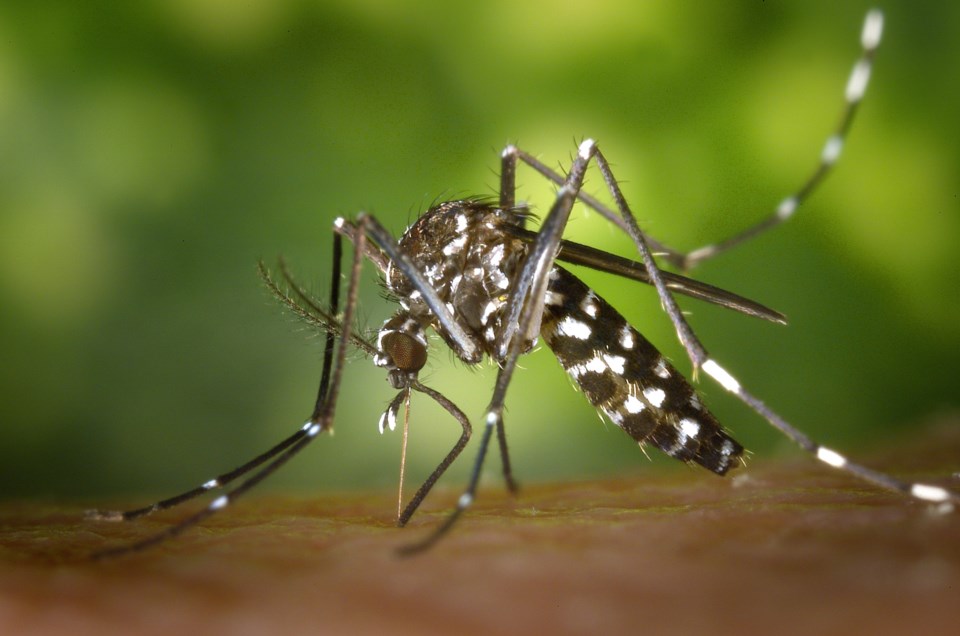The Health Department has announced that West Nile virus has been reported in three people living in New York City. West Nile virus has also been found in mosquito pools across all five boroughs. In the City, there are a total of 569 positive mosquito pools across the five boroughs.
Mosquitoes infected with West Nile virus are typically present in New York City from May through October, with peak activity during August and September. Infected mosquitoes can spread West Nile virus to people through a bite.
The three people with West Nile virus disease reside in Queens (2) and Manhattan (1); all were hospitalized and two have been discharged. A fourth person with possible West Nile virus disease from Staten Island is under investigation.
Most people infected with West Nile virus have no symptoms at all or develop fever and other symptoms, including headache, muscle aches, rash and extreme fatigue. While the majority of patients infected with West Nile virus disease will go on to fully recover from their illness, some continue to have problems months after infection.
About 1 in 150 people, especially those 60 years and older or with a weakened immune system, can develop a serious and potentially fatal illness of the brain and spinal cord called West Nile neuroinvasive disease leading to changes in mental status and muscle weakness requiring hospitalization. People with certain medical conditions or treatments that cause severe immunosuppression, such as chemotherapy and organ transplantation, are at greater risk of WNND and should consider avoiding going outdoors during dusk and dawn when mosquitoes that carry West Nile virus are most active and bite. If a person has West Nile virus symptoms, they should contact their health care provider.
In the United States, a total of 247 cases with 13 deaths have been reported this year.
“We are working to prevent West Nile virus as much as possible through public education, treating marshy areas and spraying for mosquitoes,” said Health Commissioner Dr. Ashwin Vasan. The Health Commissioner suggested the following precautions to lower the risk of WNV. New York City residents are urged to use an EPA-recommended insect repellent, especially when outside at dusk and dawn when the types of mosquitoes that transmit West Nile Virus are most active.
New Yorkers are also asked to call 311 if they see standing water that they cannot empty. This can stop mosquitoes from laying eggs in the water. This includes eliminating any standing water from your property as well as, disposing containers outdoors that can collect water. Residents are also encouraged to clean and chlorinate swimming pools, outdoor saunas and hot tubs. Outdoor pools and tubs should be kept empty or covered if not in use. Users should also drain any water that collects in pool covers. To eliminate any other stagnant water, residents should clean and properly drain roof gutters. Residents should ensure their windows have screens, or they should repair or replace screens that have tears or holes.
For more information about West Nile virus or to report standing water, visit nyc.gov/health/wnv or call 311.




